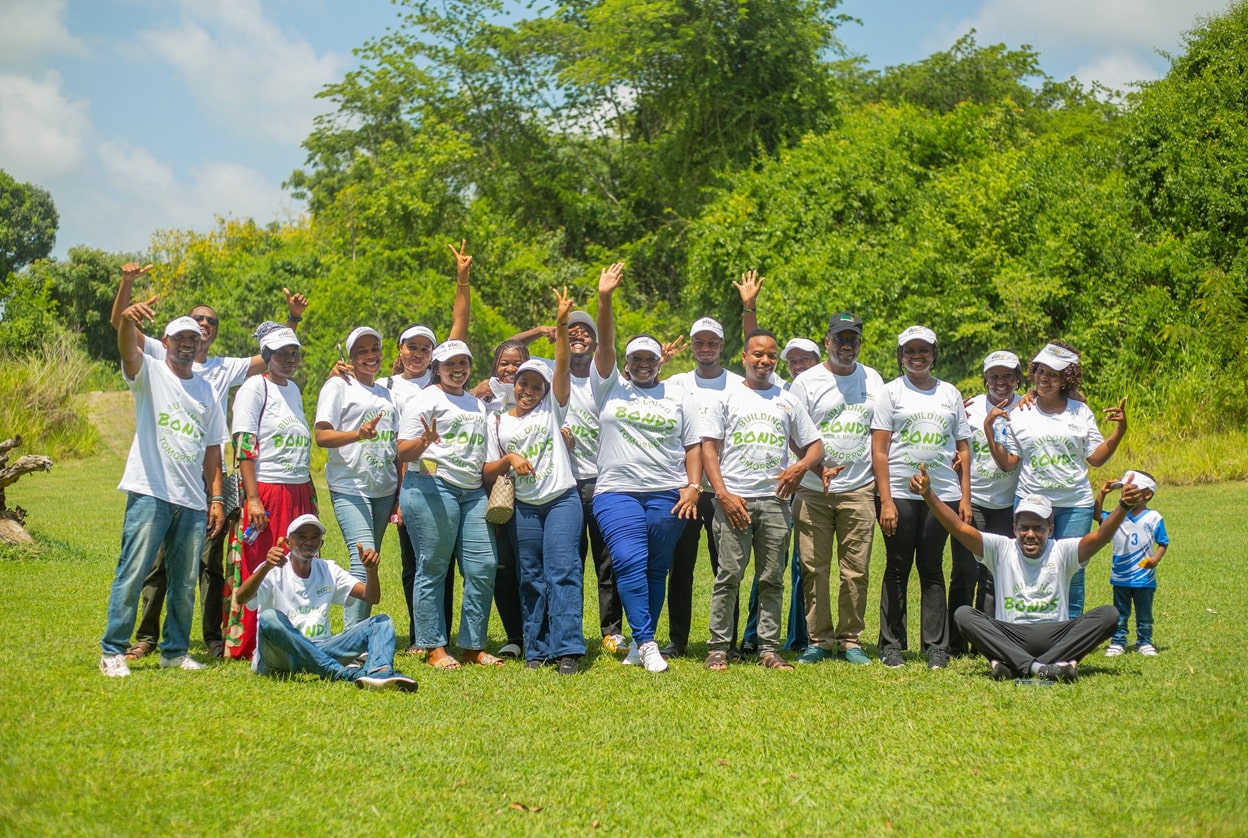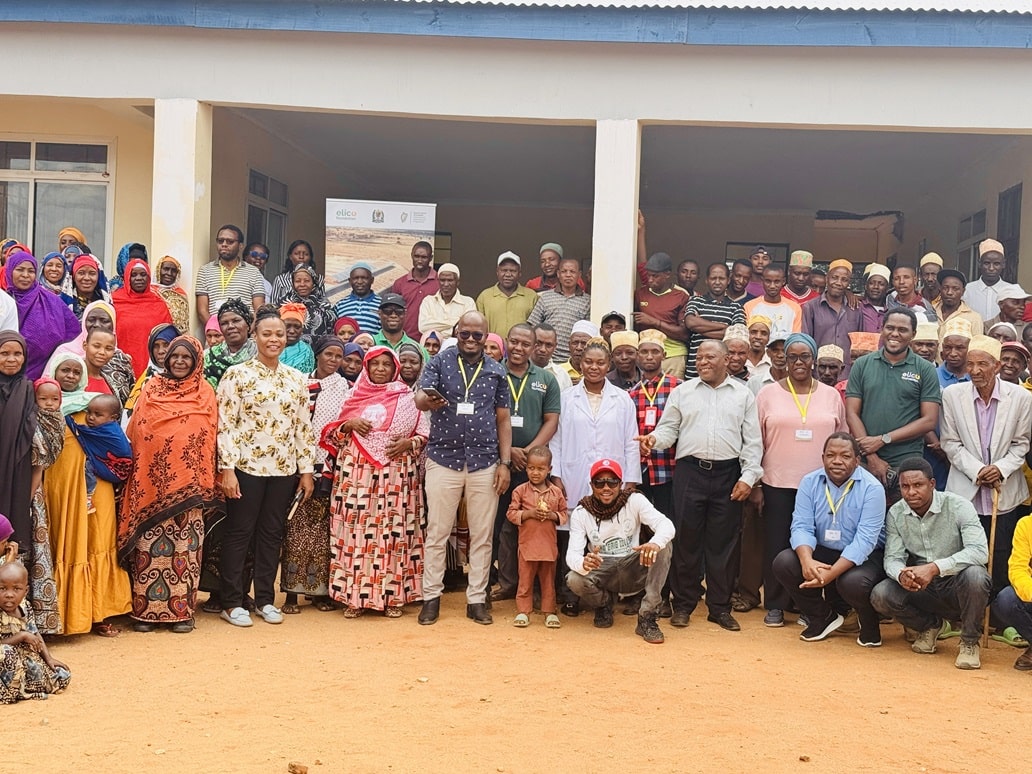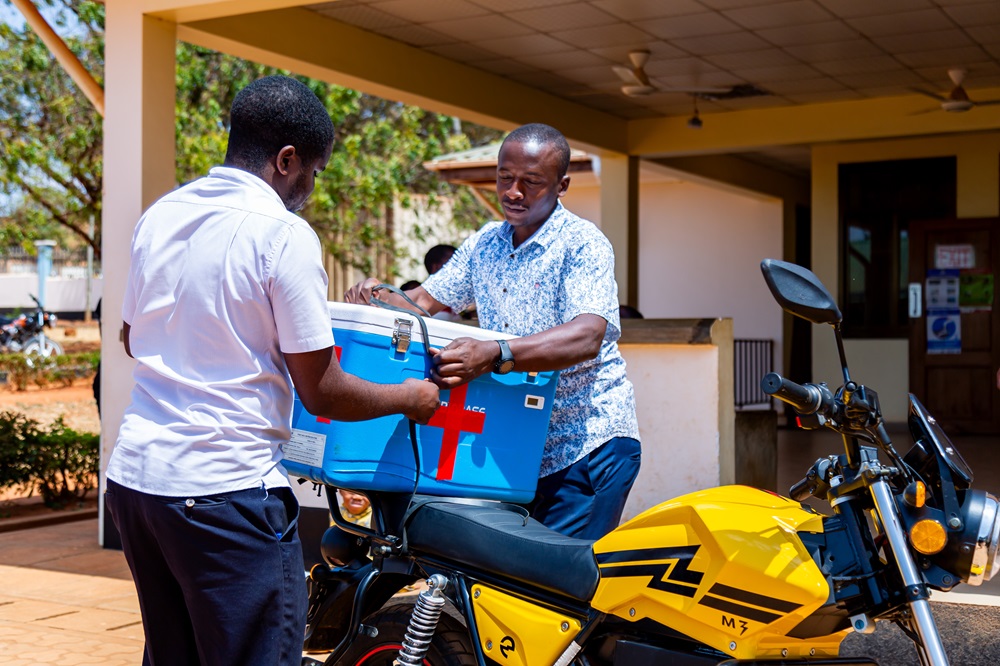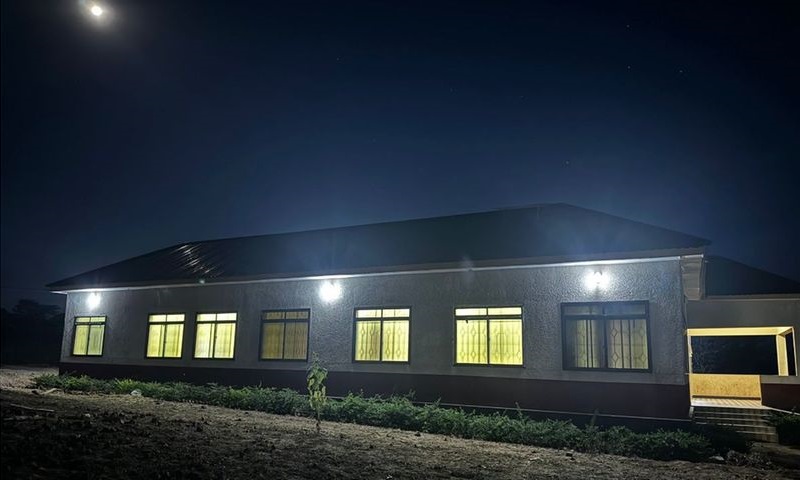Dar es Salaam. In a major push toward sustainable transportation in Tanzania, the ELICO Foundation has launched the South-to-South E-Mobility Policy Exchange aimed at learning from successful global examples in electric mobility.
Supported by the Leapfrogging to E-mobility Acceleration Partnership (LEAP) Fund, a Rockefeller Philanthropy Advisors initiative, the project is setting the stage for transformative developments in Tanzania’s transport sector.
A key milestone of this initiative is organising study tours for Tanzanian policymakers to countries with advanced e-mobility practices.
China and Rwanda were selected for their successful implementation of electric vehicle (EV) policies and sustainable transportation solutions.
These tours allow Tanzanian officials to gain insights into the innovative technologies and policies that have accelerated EV adoption globally.
The first study tour took place in China, with a six-member delegation from Tanzania’s National E-Mobility Policy Working Group (PWG) visiting five organisations between September 23 and 27, 2024.
China, a leader in electric mobility, has integrated EVs into its transport systems through a combination of government support and strong market demand.
During the visit, Tanzanian delegates explored electric vehicle manufacturing plants and engaged with industry stakeholders.
One of the most important lessons learned was the crucial role of infrastructure investment in EV adoption, particularly in charging stations and battery technology.
Tanzania faces similar challenges and must focus on developing these infrastructures to effectively transition to electric mobility.
“We saw firsthand how renewable energy is used to charge electric vehicles and motorcycles,” said E-mobility expert Godwin Msigwa.
“China has also succeeded in integrating electric two- and three-wheelers into urban transport, significantly reducing emissions and traffic congestion,” he added.
These insights are vital for Tanzania as it works to craft a tailored e-mobility policy. The visit emphasised the importance of government and private sector collaboration to ensure successful EV integration.
Following the China visit, a second delegation of six participants travelled to Kigali, Rwanda, between October 22 and 24, 2024.
Rwanda’s integration of EVs into its public transport system, combined with community engagement, provided valuable lessons in policy implementation and fostering EV-friendly environments.
Rwanda has successfully attracted companies to import various types of electric vehicles, provide maintenance services, and develop charging infrastructure.
The country has also pioneered tax exemptions on EVs, encouraging wider adoption. The principal finance officer at the Ministry of Finance, Mr Ezekiel Odipo, noted Rwanda’s tax policy could be beneficial for Tanzania.
“I believe we should explore similar tax exemptions for electric vehicles in our country,” said Mr Odipo. He highlighted the EV’s environmental and economic advantages, particularly in addressing Tanzania’s transportation challenges.
The delegation also learned that Rwanda’s community-driven approach to electric mobility, including local manufacturing and EV assembly, offers valuable lessons for Tanzania’s rural and semi-urban areas.
These areas present unique challenges, and the Rwandan model could serve as a blueprint for Tanzania’s efforts to integrate electric mobility into all regions of the country.
In partnership with the Tanzania Ministry of Transport, the Tanzania Commission for Science and Technology (COSTECH), the Tanzania Electric Mobility Association (TAEMA), and other key stakeholders, the ELICO Foundation is working to create a comprehensive electric mobility policy.
The framework, which includes provisions for electric three-wheelers, will address challenges such as infrastructure development, public awareness, and investment in clean technologies.
This effort will contribute to the ongoing development of Tanzania’s National Framework for Deploying E-Mobility, currently under preparations by the government.
The South-to-South E-Mobility Policy Exchange is a pivotal step in Tanzania’s path toward a more sustainable transportation system.
By leveraging international experiences, the country is positioning itself to reduce its carbon footprint, improve urban mobility, and increase the availability of electric vehicles.
This initiative represents a broader vision of transforming the Tanzanian transport sector into a cleaner, more efficient system, making electric mobility a possibility and a reality.






